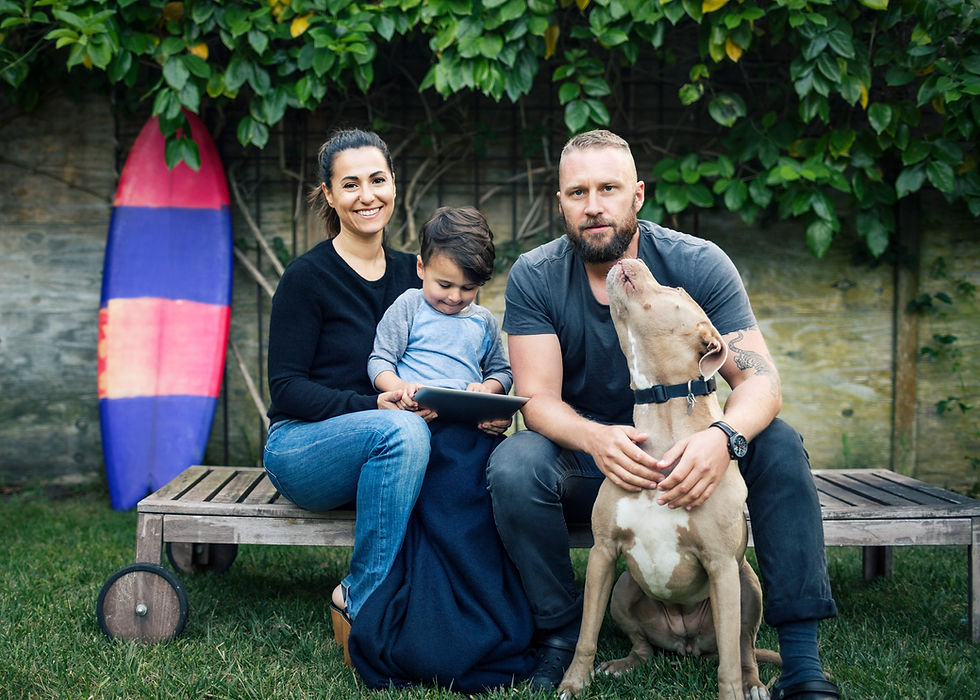fostering; a plan for the summer holidays
- Jul 14, 2025
- 2 min read
Setting expectations is key when it comes to the summer holidays. Planning activities can help you feel less overwhelmed day to day trying to come up with things to do, and can also help children not to have unrealistic expectations. Here are some tips for planning the holidays:
Talk about the summer holidays and ask what activities they would like to do.
Help them to anticipate feeling a bit bored and that they will need to play with things by themselves or just with each other at times.
It can be helpful to have a big planner up for the whole holidays so they can see what's happening each day.
A loose daily routine can also help. For example, in the mornings you can build in quiet times, or free play times where they know they have to play and you will be doing chores or other tasks (or having a quiet time yourself!) but then the afternoon will involve a trip out or activity in the home. And don't forget to include Tidy Up Time!

As a general rule, if it’s possible an activity may not happen, it may be better to make it a surprise rather than have to disappoint. Building trust can be hard and takes time with a foster child, so it's helpful to avoid the risk of letting them down and make the activity a surprise on the day.
It is especially worth talking about any limits and routines with screens so children know they won't be able to play or watch an unlimited amount.
It can feel like you need an endless supply of snacks when the children are home for the summer holidays, especially if you're fostering more than one child, and if you have a child who tends to turn to the fridge when they're bored, an idea is to have a snack bowl or basket for each child with a day's worth of snacks in. If appropriate, they can choose when they eat their snacks but once it's gone, it's gone!
If you have a teenager in your care, perhaps they would benefit from getting a summer job or volunteering, and they might need your support to look for opportunities and to apply.

Finally, think about how you can help the child make memories, perhaps by having new experiences, or making a scrapbook as they go, or compiling a photo book at the end.







